Alternative Energy
What Causes A Power Outage?
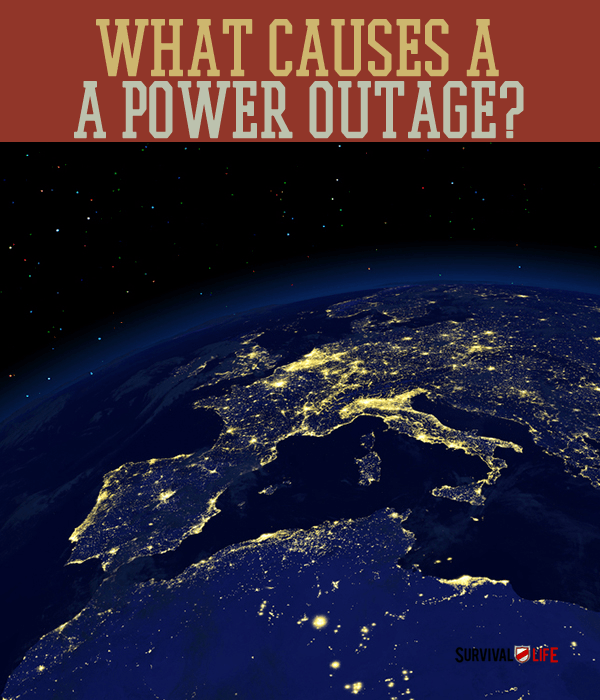
Off the grid living looks better and better as time goes on. Literally hundreds, if not thousands, of power outages occur each day. Most of these have a short duration and simply irritate people who need to reset clocks before they go on with their lives. But other power outages last days and sometimes weeks which can be devastating.
Any loss of power is still a loss. The power outage can be a short, momentary loss of voltage or a sustained shutdown with no available electricity for an extended period. The severity of the disruption is directly proportional to the extent of the power outage and how long electricity is unavailable. A number of things can cause a power outage—the weather, mechanical breakdowns at power stations and substations, failure of electrical power transmission lines, overloaded circuits, human error, and terrorism.
What Causes A Power Outage
- To be considered a power outage or blackout, certain things must occur and certain conditions must exist
- The outage must be unexpected by the utility company.
- It must affect at least 1,000 consumers.
- The outage must last at least an hour, and the total disruption of power (number of people affected times hours without power) must equal or exceed 1,000,000 people-hours.
One million people without power for an hour or more would be classified an “outage.” If it lasted only 30 minutes, it would not be counted as an outage. But 50,000 people losing power for 20 hours would come under the classification of outage.
A recent power outage in a small Midwestern city left 800 residents without electricity for five days. This people-hour factor was not high enough to include this event in the statistics on world-wide power outages, but to me, a single home without power (yours) for five days is catastrophic (and unacceptable). Official records of power outages since the early 60s show that the frequency of power outages is growing at an alarming rate. When I studied these outages, I found that the incidents of electrical loss have steadily increased as shown in Figure 1.
So far in 2014, there were over 50 outages severe enough to be counted in power out statistics. Over 100 statistically significant outages are expected by the end of 2014. Although most power outages occur in the United States, loss of electrical power is a world-wide problem. The top seven locations according to frequency of power loss are the U.S., Canada, Australia, the United Kingdom, Brazil, France, and India. Thirty-two countries have reported electrical power outages that are considered significant.
When power loss occurs, many people blame others for causing the problem. They point fingers at the power company or at government officials. However, the typical outage is caused by weather as shown in Figure 2:
Acts of God include earthquakes, floods, landslides, vehicle accidents, and wildfires. Proper maintenance of power lines and nearby trees can minimize the risk of power outage. Nevertheless, over 80% of all power outages are resolved within 24 hours—power is restored for most people within just a few hours. But it’s the 20% of failures that persist longer than a day that can really cause the lives of victims to be significantly affected. According to statistical records, 20% of all power outages last for more than one day. And most of this 20% involve power loss for three days or more. This can be a significant problem for ordinary citizens. And this is where I focus my attention.
Electrical power is critical to your health and happiness. It’s critical to the smooth operation of a society. And today, with the deterioration of our electrical infrastructure, dependable electrical energy is increasingly uncertain.
Check out these related articles:
Why Is Our Power Grid Failing?
How To Make An Improvised Camping Lantern
Like this post?
Be sure to like us on Facebook so you can be the first to know about latest survival tips and off the grid living skills.
-

 Do It Yourself7 months ago
Do It Yourself7 months agoParacord Projects | 36 Cool Paracord Ideas For Your Paracord Survival Projects
-

 Do It Yourself9 months ago
Do It Yourself9 months agoHow To Make Paracord Survival Bracelets | DIY Survival Prepping
-

 Do It Yourself9 months ago
Do It Yourself9 months ago21 Home Remedies For Toothache Pain Relief
-

 Do It Yourself9 months ago
Do It Yourself9 months agoSurvival DIY: How To Melt Aluminum Cans For Casting
-

 Exports8 months ago
Exports8 months agoAre Switchblades Legal? Knife Laws By State

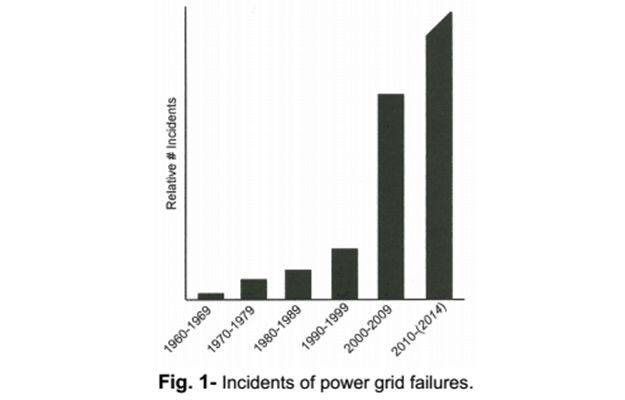
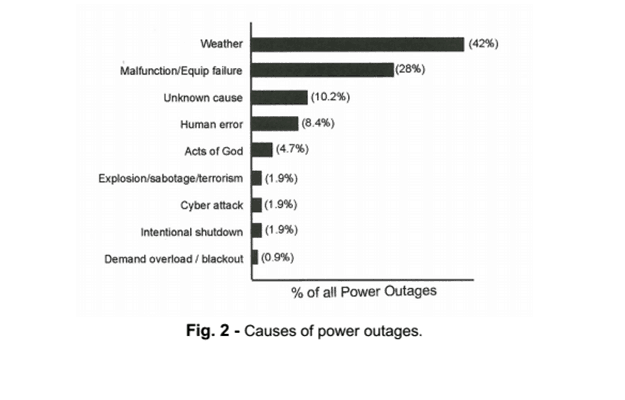
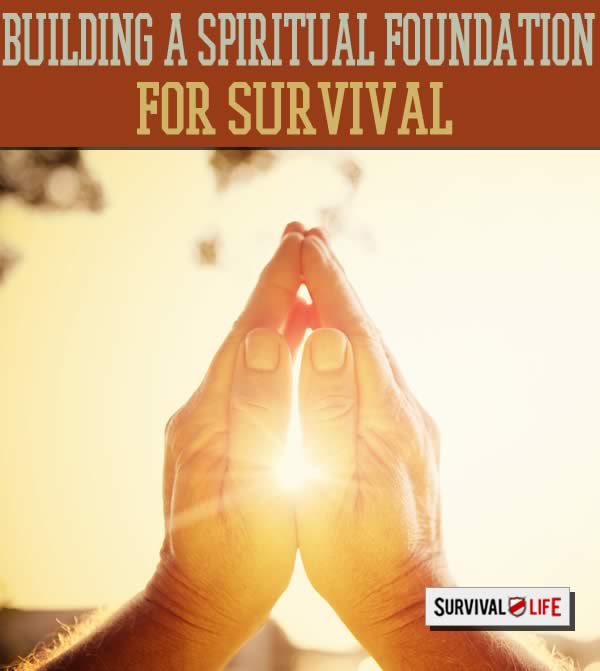




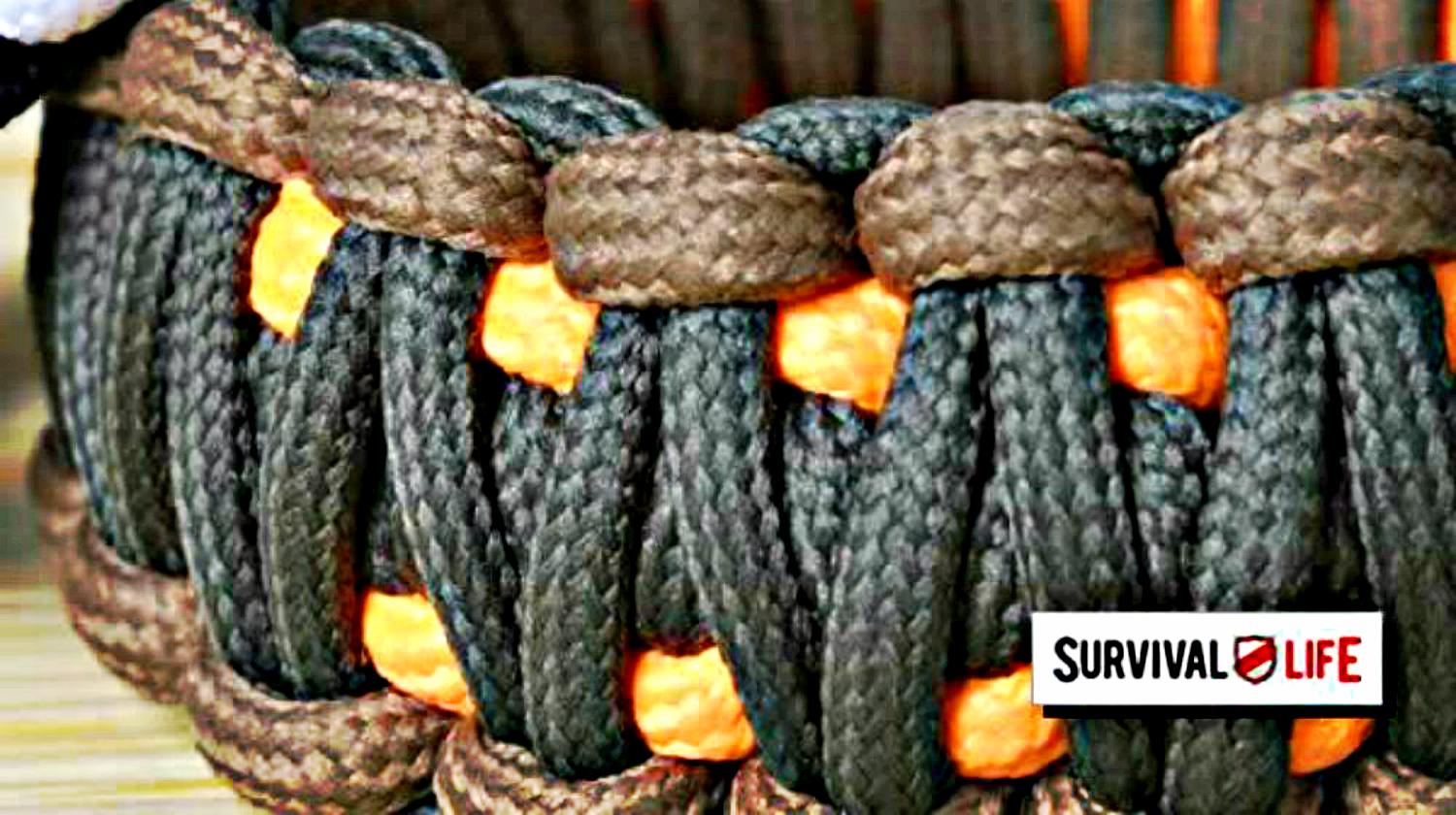


joseph
July 13, 2014 at 8:22 PM
I live in the northern states and it always surprises me that people don’t have at least an alternate heating source for when the power goes out. A long cold winter night is no fun. I have hosted several people at my place with a blazing fire and kerosene heater during an extended power outage.
In our area, its not uncommon for rural residents to go 3-5 days without power after a big storm outage. (pacific northwest)
Good article and good things to think about. joseph
Pingback: How to Prepare for a Power Outage | Survival Life | Blog - Survival Life | Outdoor Survival Gear & Skills, SHTF Prepping
Pingback: Power Outage: What To Do When The Power Goes Out